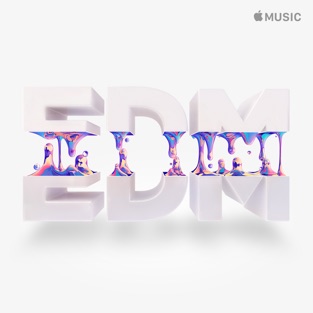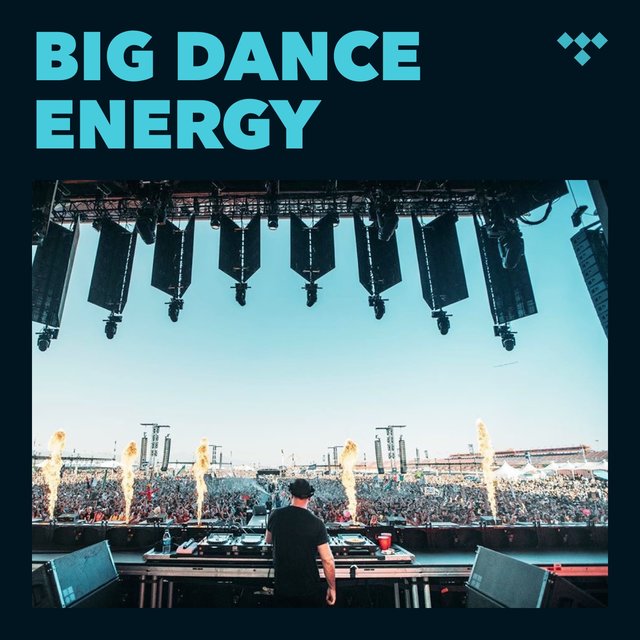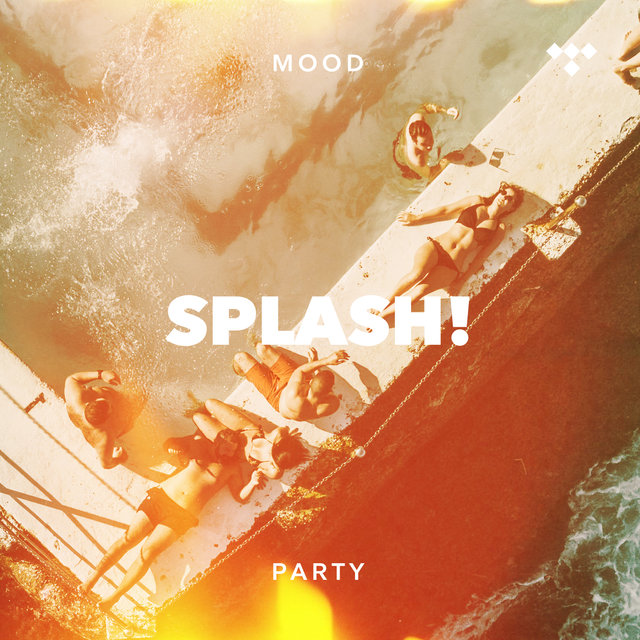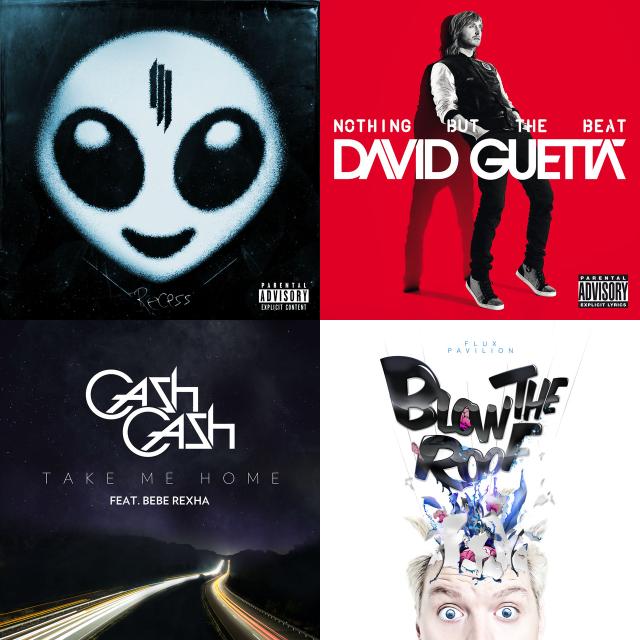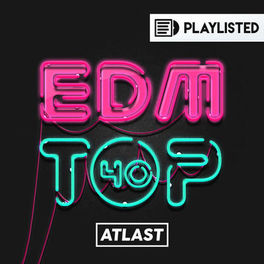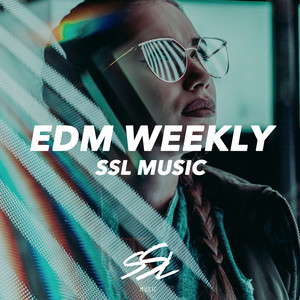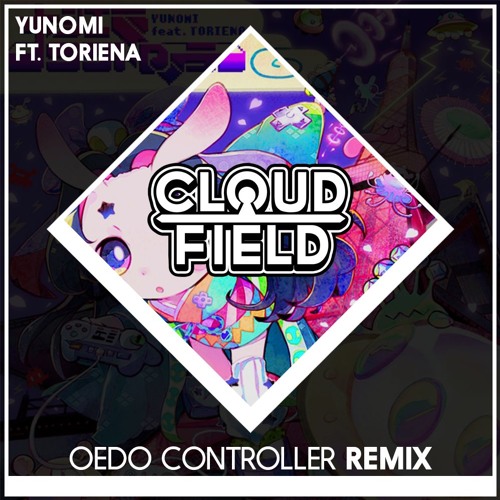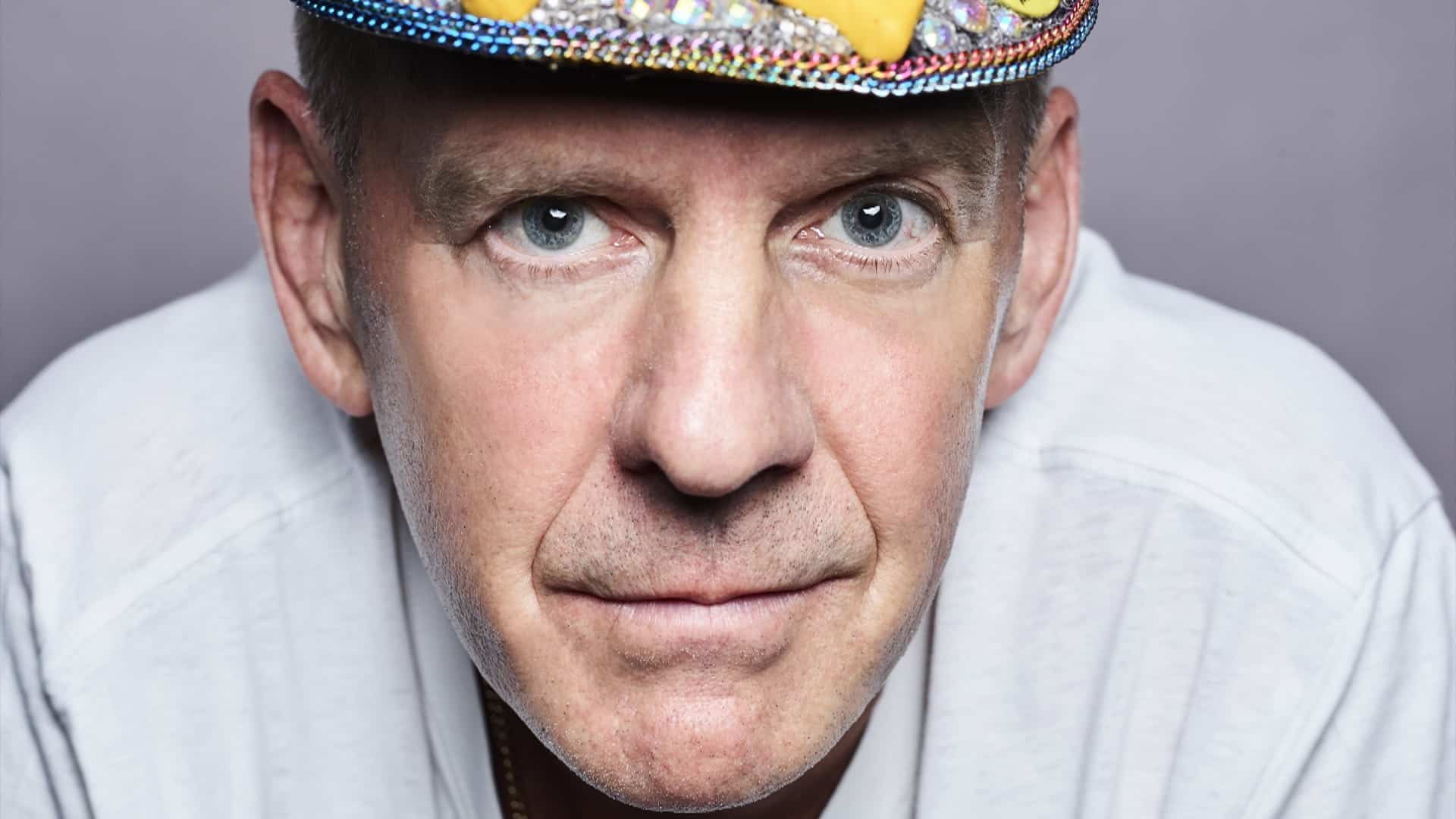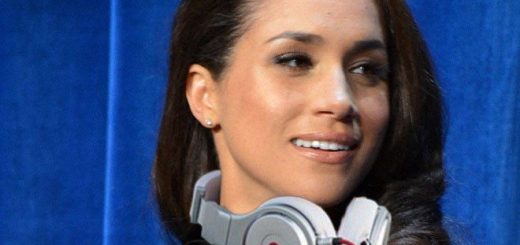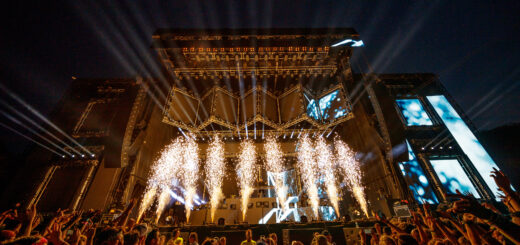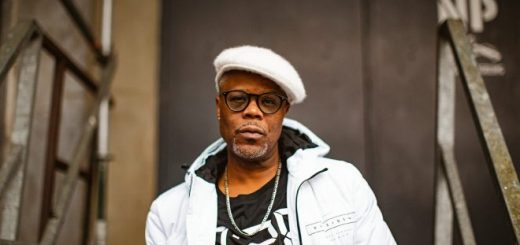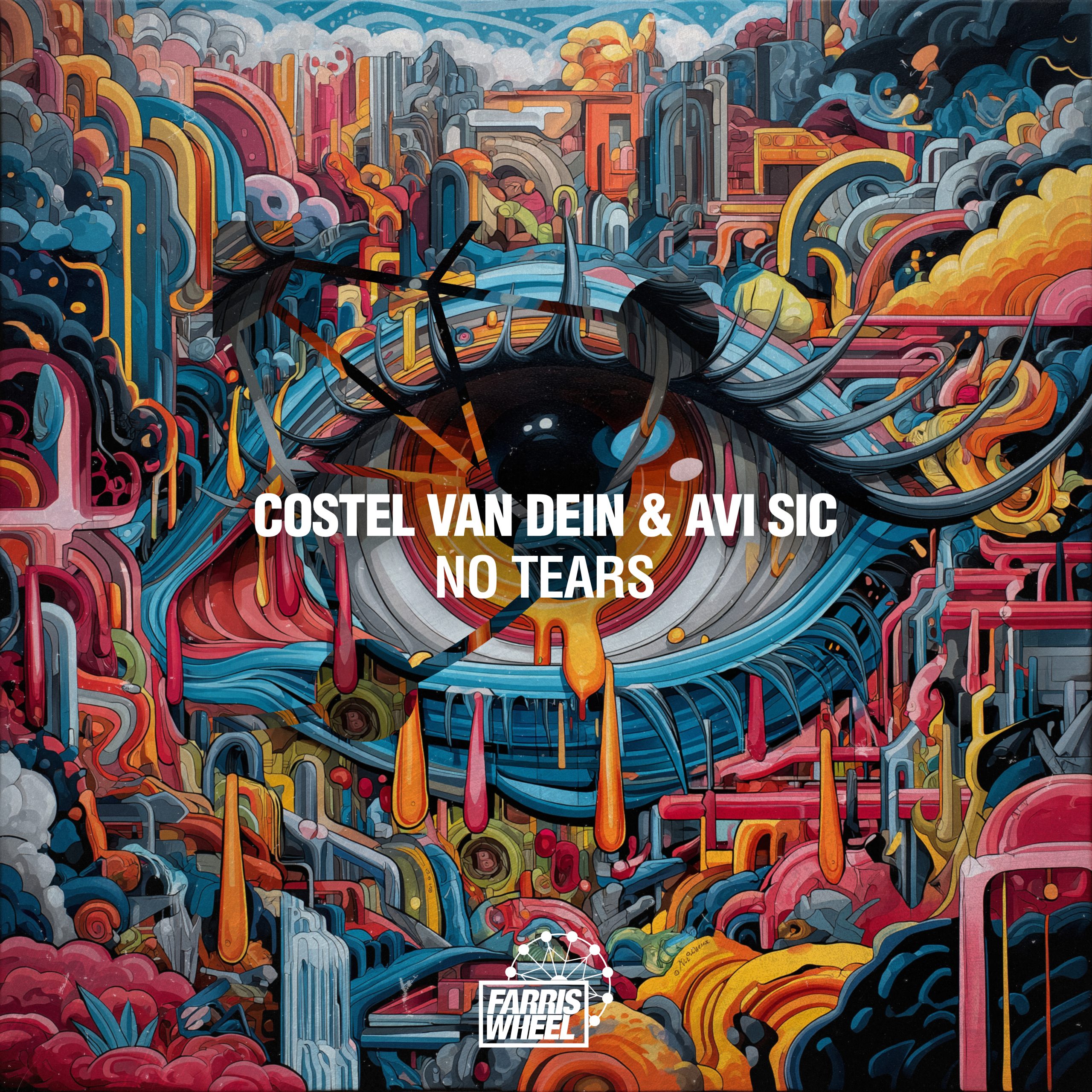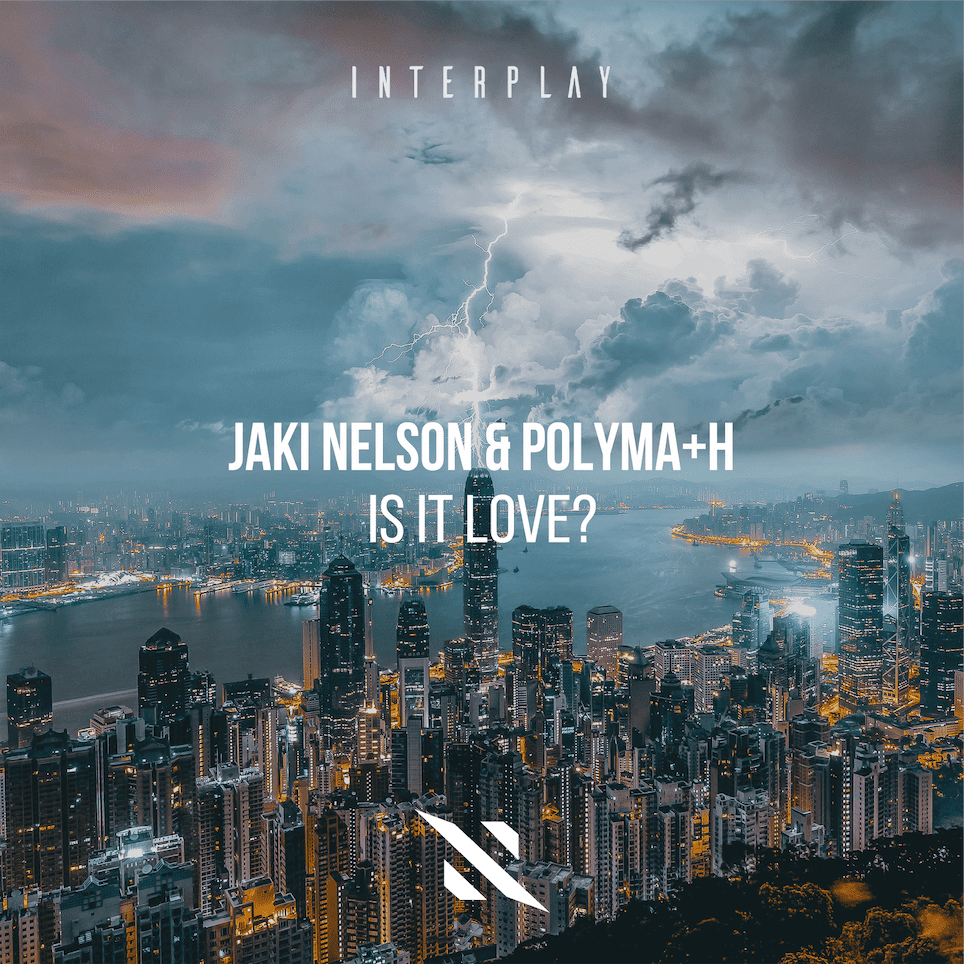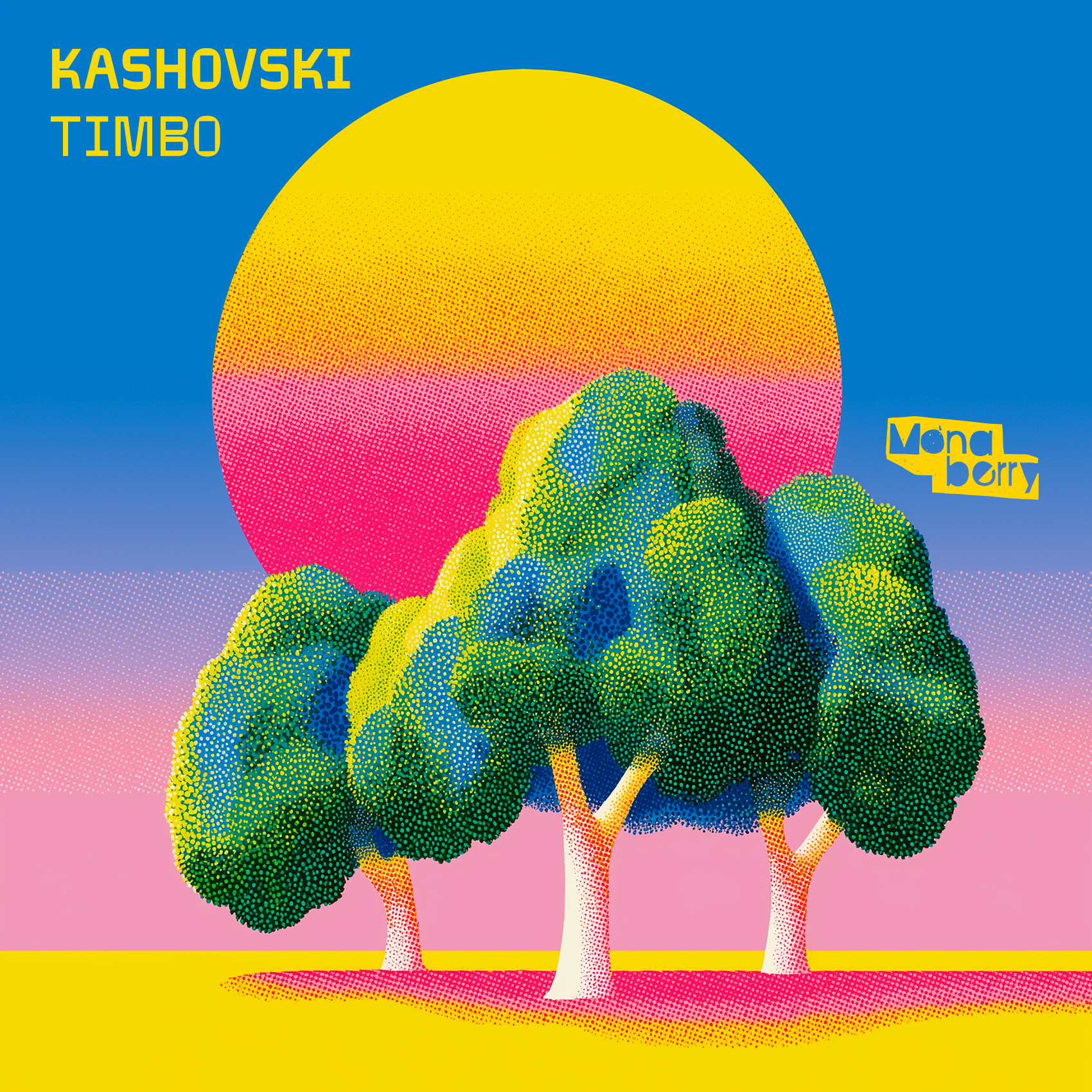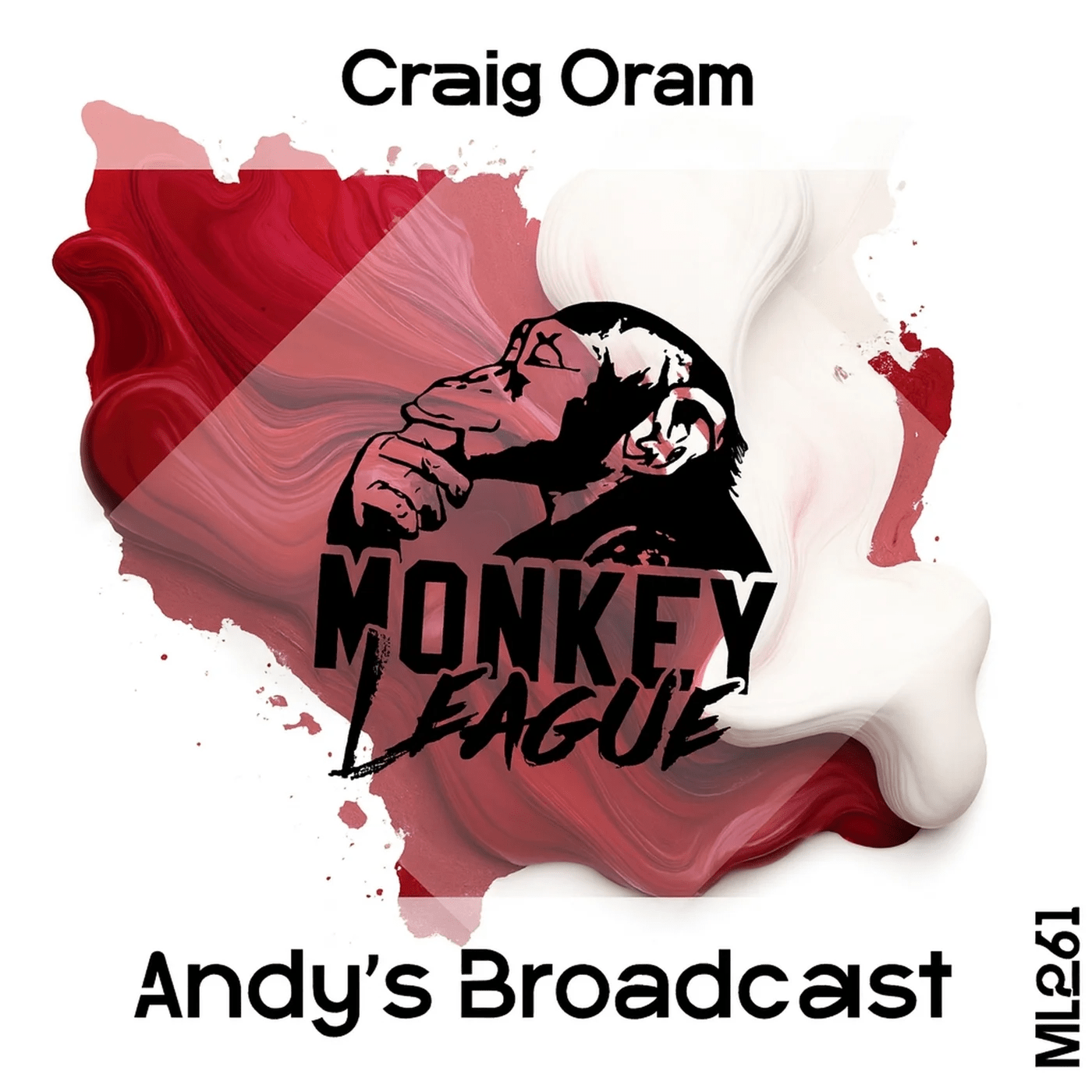Ahead of his latest Creamfields performance, we sat down with Fatboy Slim to talk UK crowds, Woodstock and how the scene has changed since the 90’s. “When I was younger, if you liked club music the only time you could ever hear it was by going to a club,” he says.
Fatboy Slim is a name that everyone knows. Since the 90’s, he has continually been at the top of his game as both a tastemaker and a pioneer, a leader not a follower. Whether its ‘Eat Sleep Rave Repeat‘ or even earlier hits such as ‘Praise You‘ and ‘Right Here, Right Now,’ Fatboy Slim has given the electronic scene some of the most pivotal tracks and moments to date. There’s certainly no surprise that he has seen a lot of change in both how the scene has developed and how the attitudes towards the music have shifted, so ahead of his latest headlining set at Creamfields in his own curated tent, we got his opinion on all of this, as well as the infamous Woodstock ’99 show and much more.
Since you performed at the very first edition of Creamfields in 1998, what are the biggest differences you’ve seen from that edition all the way up until now?
“I’ll be honest, there’s not a huge amount of change. It’s still run by the same people, who put the same love into it. And it’s still frequented by similar people, who are different generations but still share the same love. What I love about here [Creamfields] is because it’s all DJs, and it’s all dance music, it hasn’t got that edge. It’s our family, it’s our community, and everyone has just one goal which is to have fun and look after each other. It’s very passive and beautiful. But yeah, it hasn’t really changed. Rock music, politics and things like that change but dance music has always had the same drive.”
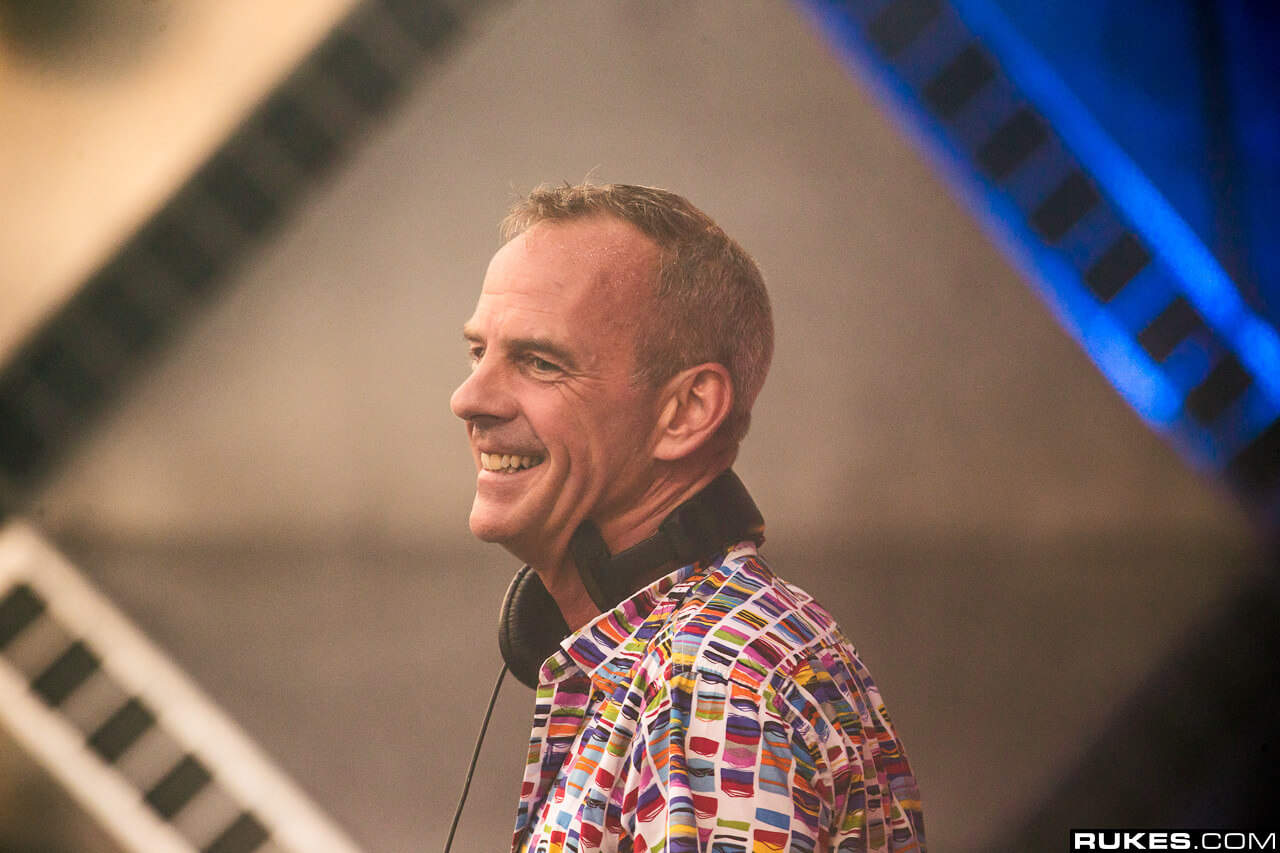
Image Credit: Rukes.com
How do UK crowds compare to any other crowds around the world?
“Better than some, not as good as some. For me, the main difference with UK crowds is because they know me. I’ve been around so long that i’m part of the furniture, like “oh it’s Norman!” so there’s a friendliness and an acceptance. I’ve got nothing to prove, they know what i’m going to do and how I am. The further you go abroad the more you have to persuade people that you’re cool. Here I couldn’t persuade them that i’m cool because they know me!”
Speaking of UK crowds, it’s been 20 years since Big Beach Boutique and you did another show there recently. Was it like stepping back in time?
“A bit, yeah. There’s always that same love, I mean Brighton is my hometown, I live on that beach. It’s quite funny, when I arrived someone said “How does it feel to be back?” and i’m like, “I go past this way every other week!” There was a lot of that same kind of pride in my hometown, and pride that they allowed me to do it. It took 20 years for them to allow me back on that beach, it did get out of hand 20 years ago. It was just a glorious celebration and relationship with my home city.”
Speaking of out of hand, the Woodstock ’99 documentary came out recently on Netflix and you had quite the experience there. What was it like watching it all unfold from stage?
“I didn’t see a lot of it. When I saw the film I was like “oh my god, I got away in my little aircraft!” It wasn’t as bad in my aircraft hangar as it was on the mainstage. It was weird, it was like one of the hairier nights of my life, and I don’t go back to it too much in my mind for fear of having nightmares. Doing the interview [for the documentary], it did bring up some slightly edgy memories. I thought I was over the PTSD of it but perhaps not.”
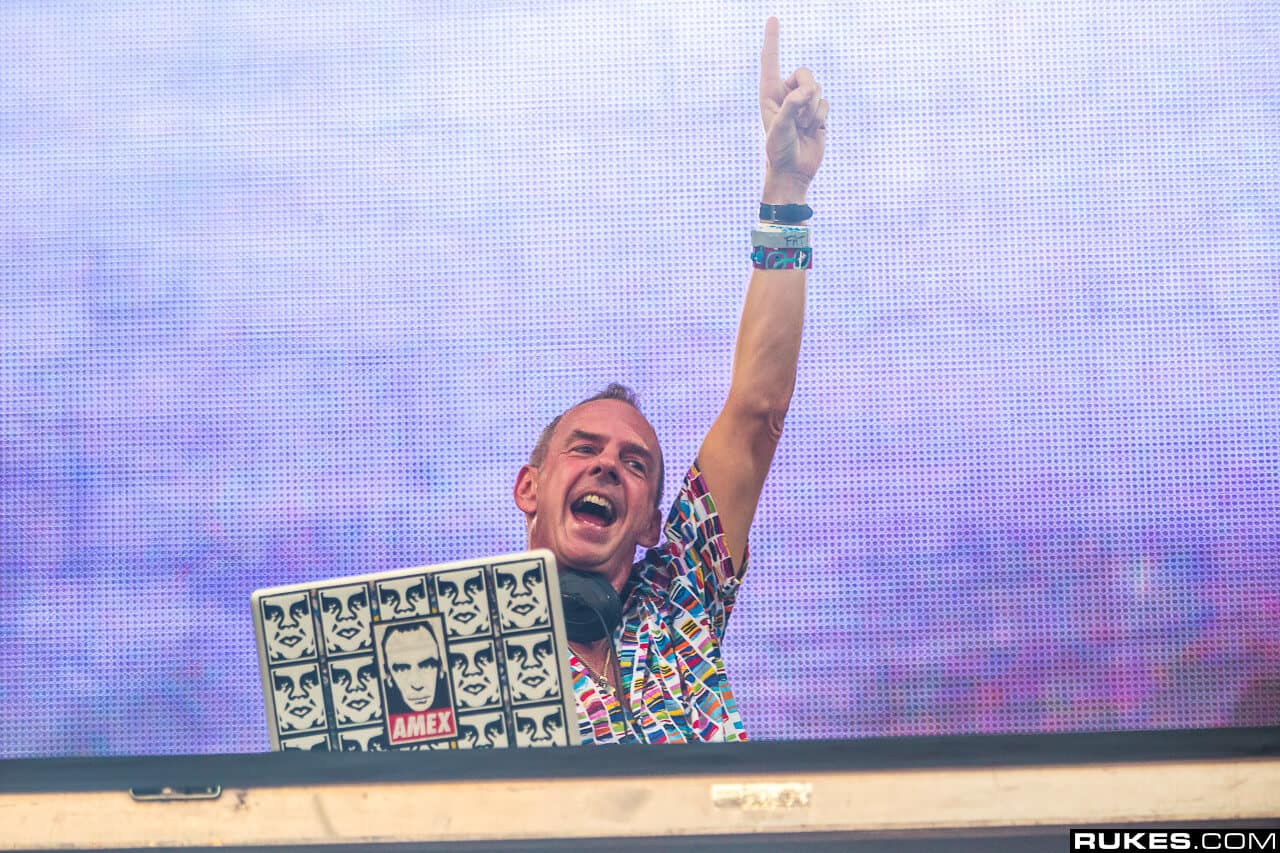
Image Credit: Rukes.com
What do you think have been the biggest changes to the music industry since the start of your career versus now?
“I think the biggest change really is the internet. When I was younger, if you liked club music the only time you could ever hear it was by going to a club. You had to be over 18 or near enough to get into the club. It was never played on the radio and there was no access. You initially went to a nightclub and you never knew what the music was, and now everyone can hear it. Kids can hear it before they go to clubs and they already know the music, what shows look like and what DJs look like. So that has really changed. It’s opened a much younger audience to dance music, so by the time people are old enough to go to clubs, they already know everything about it. Before, it was way more underground, so it’s really opened it up for us. And obviously the way we play, playing off laptops and memory sticks rather than having to lug records around. It means we can edit tunes. If you think, looking back at the footage of Big Beach Boutique 20 years ago the production we have is so rudimentary. It was like archaic! If you think now about the stages and what you can do with lights, lasers, visuals and LED screens, that has made the experience a lot better. All we had in those days was two record players and a set of speakers.”
In a sense, that’s all you needed.
“Yeah, but it does enhance it. It’s made it easier for us to do and we can put on better shows. When I first started DJing I only really DJed in England, Ibiza and America and now it’s absolutely global.”
Featured image Credit: Fatboy Slim (Press) / Provided by Dawbell PR
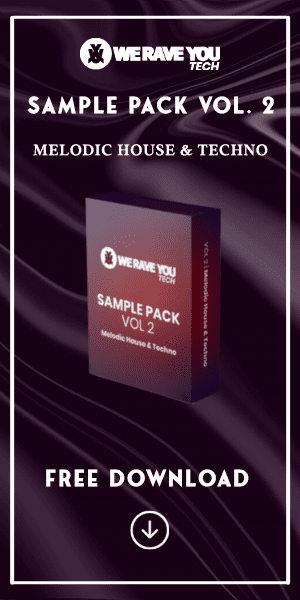
You may also like...
-
Meghan Markle starts DJ career with series of live streams
by Ashley Norris · Published March 31, 2020
-
Lollapalooza co-founder fights to keep independent music venues alive by acquiring them
by Raja Staudt · Published November 2, 2020
-
Jamie 3:26 announces 'A Taste Of Chicago' compilation on BBE
by Michael Ryan · Published February 23, 2020
EDMHONEY.COM - NEW EDM MUSIC 24/7
- Next story Exploring the cosmos with Cosmicat [Interview]
- Previous story Bob Moses drops new single ‘Afterglow’ with Kasablanca: Listen
Recent Posts

mxguinness Pushes His Sound Forward with ‘futureshock….

Katie Runnels Turns Healing Into a Sonic Journey on “Imperfect Beauty”

Release of “Dangerous Gift”: DJ and Produce….

Zeb Wayne Unveils His Latest Production ‘Ooh, My ….

Makes My Blood Dance Announce Metropolis Records Signing

Avi Sic Unleashes Bold New Release ‘Seat Back’, Sho….

Renzo Zong Releases Afro House-Inspired ‘Nostalgia Il….

New Track ‘Tio Tego’ Arrives from Hotboxx, Flynn No….

